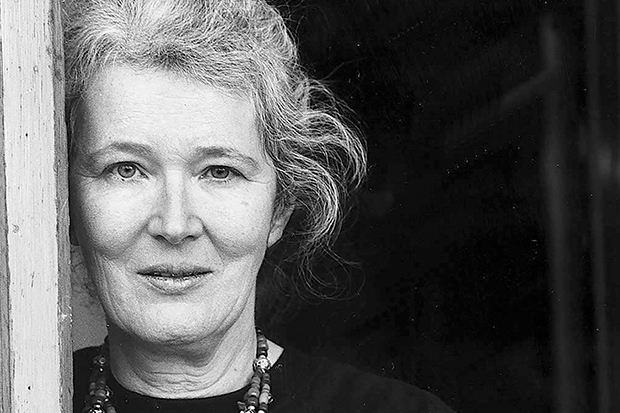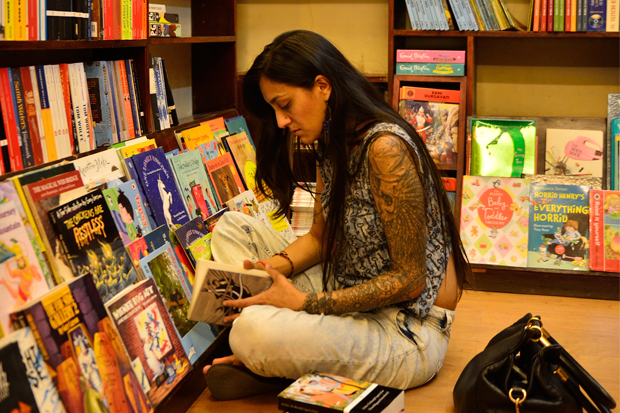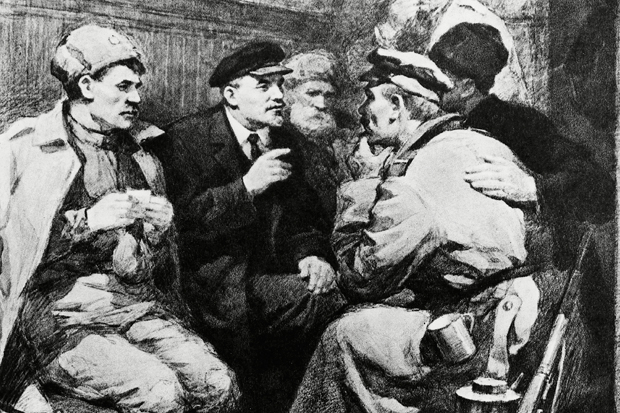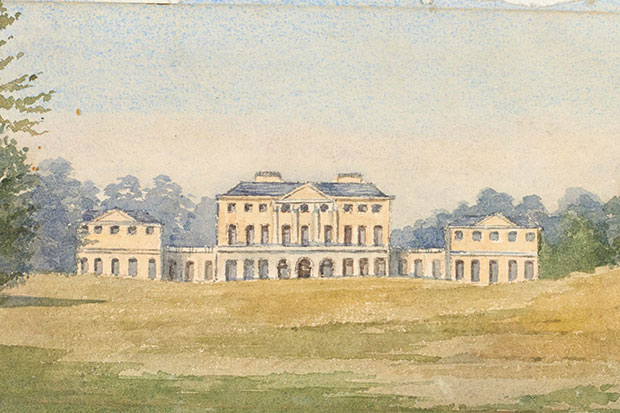Angela Carter was a seminal, a watershed novelist: perhaps one of the last generation of novelists to change both the art she practised and the world. Reading this splendid biography, it is hard to avoid the false conclusion that she always knew exactly what she was doing. Her life, in its swerves and unexpected corners, always turns out to be contributing to her work; how clever of her, one starts to think, to get a job on a local news-paper, to go to Japan, to have an array of dotty, oppressive or plain witchy aunts, mother and grandmother…. Of course it was not like that. Carter’s life seems rich and inevitable in the retelling because she made use of almost everything. There was not much that she wouldn’t look at with interest.
Her family background was half south London and half Yorkshire, both of which she revelled in. The wrong side of the Thames provided reckless living, making do and letting rip; Yorkshire provided a relish of feminine plain-speaking moving imperceptibly into witchcraft. ‘Dottiness’ loomed large, and dressing for display, and food and drink — Angela was first immensely fat as a child and then, in a display of self-discipline, thin to the point of anorexia. Food was important because it was what the state doled out to you through rationing, in the 1940s, and also what your terrifying mother chose to give you, to show how much she meant to you. Always afterwards food, even bad food, could call up a sentence of rare vividness. ‘My corner shop sells wrapped, sliced white loaves that at a pinch could poultice a wound’, a book review of hers once kicked off.
There were books, too; she could fillet a book, empty it of what she needed, see through it and inhabit it. Her family knew what it was to go to Oxford, and there was no reason she could not have gone. But an announcement by her always controlling mother that her parents would take a flat in Oxford to make sure she was all right changed Angela’s mind. She became a journalist on a local newspaper instead, and quickly married; in the 1950s, this could be the only way for ambitious women from ordinary backgrounds to escape their families.
The marriage, to Paul Carter, a silent beatnik, was not a success, but Angela hardly seemed to care. If her husband glowered silently across their Bristol flat, complaining that the housework had not been done and ‘more time’ had been ‘wasted’ by Angela writing in notebooks, at any rate she had time to herself and opportunities to explore.
Her first five novels were written and published at breakneck speed. The titles — Love, Heroes and Villains — indicate a conviction that fiction’s fundamental subjects are going to be taken on and mastered for good. They were not successful, exactly, but Carter’s name was being made. One of the novels won the Somerset Maugham Award, requiring the winner to travel. Carter had scarcely been abroad, but she took the decision to go to Japan. At the airport she said goodbye insouciantly to Paul. That was the end of their marriage, and the beginning of the full splendour of her career.
In Japan, and always afterwards, Carter gave the impression of doing exactly as she chose, in her writing and her life, and the results were beautifully fearless. Many of the people she engaged with were liberated by the encounter, and changed forever. Edmund Gordon has tracked down Sozo Araki, the man she fell in love with in Japan, and had long conversations with him: the passages in the biography dealing with their relationship, and their life in a beach house while Angela wrote her masterpiece, The Infernal Desire Machines of Doctor Hoffman, are luminous with his recollections, singing with the remembered joy of a wonderful 40-year-old love affair.
Some people were damaged by the ride. One friend never understood why she was taken up and then dropped; a second lover in Japan went off the rails after his encounter; a dangerous lover back in England frankly frightened all Carter’s friends. But there seems no doubt that she brought a light into the world; the tale of her second marriage to a man 15 years younger who was fixing up the house opposite is an unlikely but completely convincing love story. As Carter cheerfully pointed out to visitors in her last days, it was one of the few happy details of her very sad end that she had taken out an enormous life insurance policy in favour of her beloved husband and son a matter of weeks before the diagnosis of cancer that would kill her.
The novels, after the Japanese experience, are some of the greatest of the century. The Infernal Desire Machines of Doctor Hoffman is a truly breathtaking exercise of the imagination. Something that had been pent up for years was let loose — whether in Carter’s talent or in postwar English fiction. In any case, the combination of sumptuously inventive prose, tumbling extremes of possibility and no-nonsense, Yorkshire-grandmother concreteness was almost unprecedented.
Hoffman and the three novels that followed, The Passion of New Eve, Nights at the Circus and Wise Children, specialised in the tall tale and the rendering possible of the completely impossible through getting the details right. If there has been anything since Dickens to match the opening of Nights at the Circus, as the smells of its heroine, half-swan, half-Amazon, and the smells of her champagne-ripe dressing room are captured in eye-watering detail, I don’t know what it might be.
Carter never quite got her due in her lifetime, and had to put up with a good deal; the moment when Selina Scott, covering the Booker Prize in the year in which Carter was chairman of the judges, cornered her on live television and completely failed to recognise her, is painfully fresh in the memory.
Heartbreakingly, Carter died at the age of 52. I don’t suppose she will ever go out of print, and the most hideous covers that even Virago Press can devise are, happily, incapable of deterring readers. Her reputation has been shaped since her death into the idea she was making specific statements about gender, sexuality and what it means to be a woman. But so great was her curiosity about people of all sorts that she might have looked at some of these critical parsings and laughed demurely. She liked surprising people — and wrote one of the best critical works of the 1970s in praise of the Marquis de Sade.
The biography has been a long time coming, considering the immense scholarly interest in her work in the 25 years since her death. Edmund Gordon modestly regrets his sex in dealing with a woman of such significance. But there is no need to apologise: this is an exemplary piece of work. Gordon has patiently investigated many corners of Carter’s life, interviewing Japanese boyfriends, Salman Rushdie, an ancient Sheffield hippy called Kaktus, people who loved Carter and people who felt wounded by her. He must be a very sympathetic presence with a microphone; the results are rich and polyphonic, and you have the sense that his interviewees were longing to tell someone about the wonderful woman they once knew.
He correctly draws attention to the rare failures of his research, too — the first husband would not speak, and other important figures such as Lorna Sage or Carter’s beloved literary agent Deborah Rogers died before they could contribute. It is a piece of work which will satisfy readers, and on which further investigation can rest with great confidence that nothing has been concealed and no pathway has been neglected. Everyone should read it.
The post Thoroughly bewitching appeared first on The Spectator.
Got something to add? Join the discussion and comment below.
Get 10 issues for just $10
Subscribe to The Spectator Australia today for the next 10 magazine issues, plus full online access, for just $10.
You might disagree with half of it, but you’ll enjoy reading all of it. Try your first month for free, then just $2 a week for the remainder of your first year.














Comments
Don't miss out
Join the conversation with other Spectator Australia readers. Subscribe to leave a comment.
SUBSCRIBEAlready a subscriber? Log in